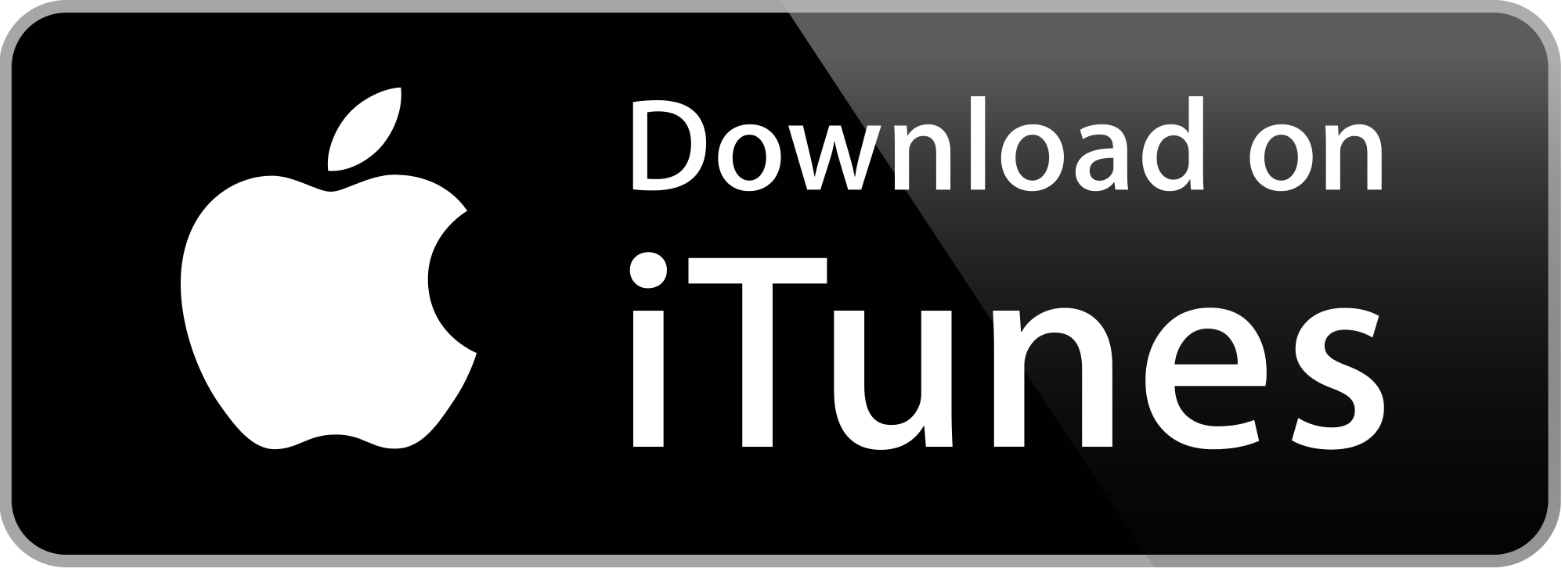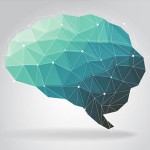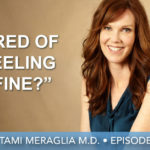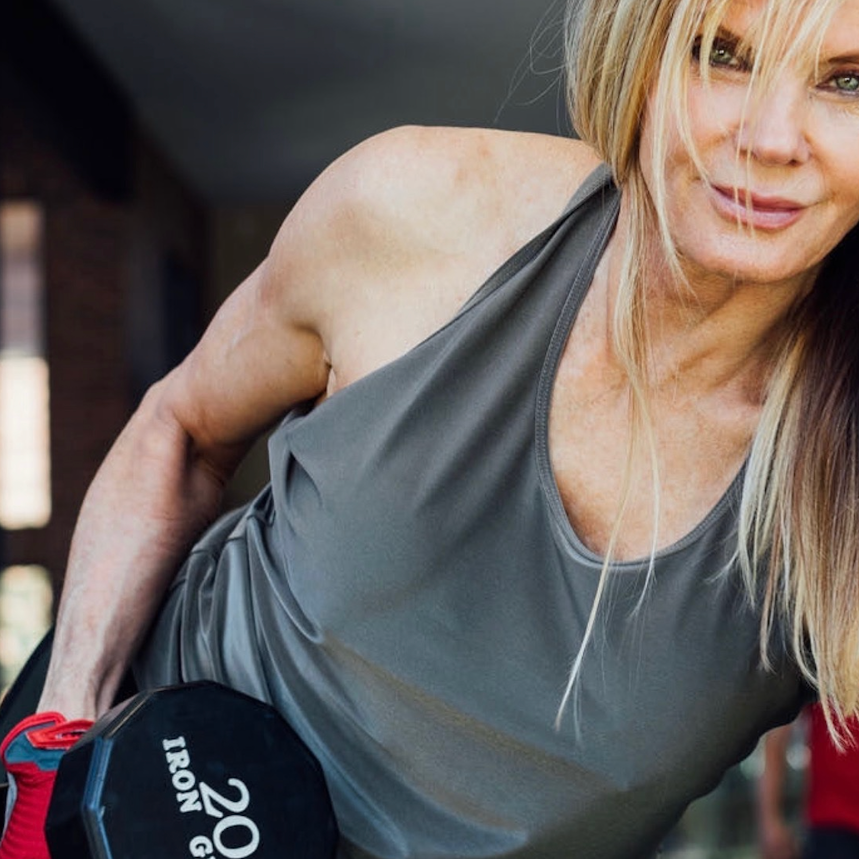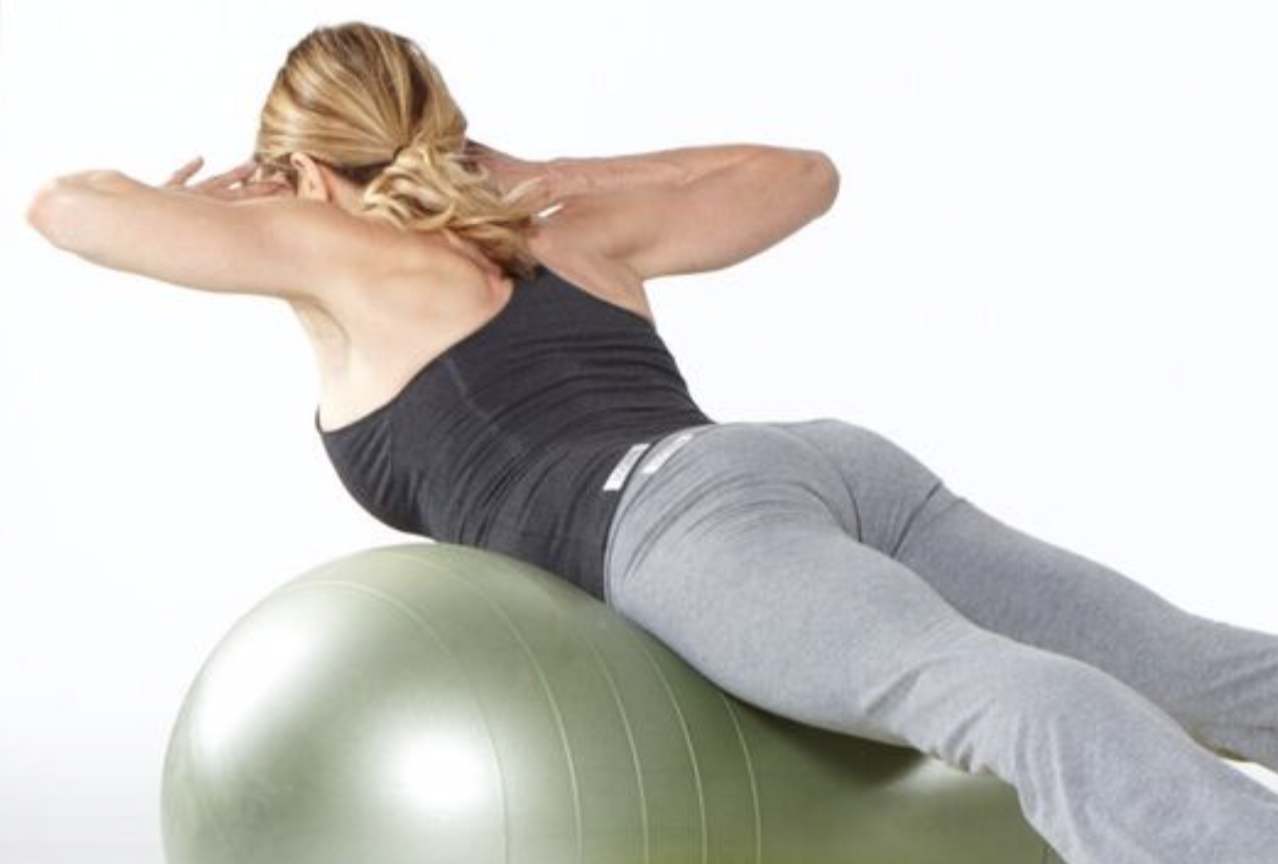Episode 25 | Dr. Daniel Amen, M.D. | Reverse Brain Aging
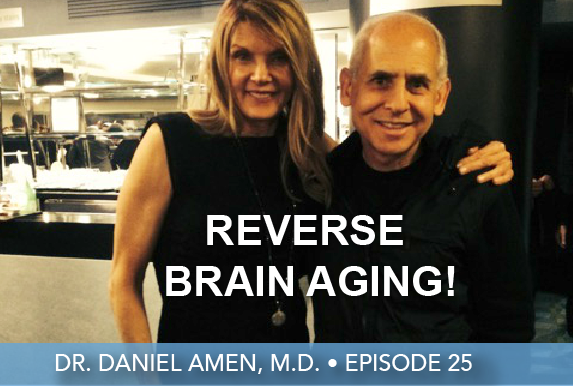
CLICK PLAY!
Why you should listen
I’m so thrilled to share with you today’s show of On Health: The Art Of Living. This episode is all about breakthrough techniques that allow you to ignite your energy and focus, deal with anxiety and depression, and reverse the aging process between your ears…in your brain!
Today’s podcast guest, Dr. Daniel Amen is one of the most popular psychiatrists in the country. He’s the author of more than two dozen books, including 10 New York Times best-selling titles and is the founder and CEO of Amen Clinics, where he and his colleagues have created the largest database of brain scans related to behavior…roughly 120,000 brain scans.
Daniel has written, produced and hosted popular shows about the brain, including the PBS special Change Your Brain Change Your Body, that have aired over 70,000 times across North America.
I met Daniel a few years ago in Vancouver, Canada where we he was presenting at a conference. I’ve never seen anybody more passionate about inspiring people to care as much about their brains as they do about their bodies.
Did you know that the human brain weighs an average of 3 pounds and is the consistency of soft butter? In this 30-minute brain episode, you’ll discover…
- Feeling scatterbrained? Find out how you can detach from all the distracting information and shift to a more focused pattern of thinking.
- Feeling overwhelmed? Find out how you can keep your mind sharp when you have a lot going on.
- Feeling the urge to emotionally eat? Find how how you can connect your brain and body naturally, and feel more alert and full of energy after a meal.
FAMILIAR WITH PODCASTS? LISTEN ON iTUNES!
Follow Along With The Transcript
Kathy Smith: Hi Daniel. Welcome to the show.
Daniel Amen: Thank you so much. I’ve actually been a huge fan of yours for a long time.
Kathy Smith: I’m glad we get to talk about this fascinating topic. One of the things you said, and it was a shocker for me was that the human brain weighs an average of three pounds, and this was the shocker. It has the consistency of soft butter. To me, that was such a unique fact. It is an incredible organ. But what I want to know is what’s the biggest lesson you’ve learned after scanning more than 120,000 brains.
Daniel Amen: What keeps me excited every single day is you’re not stuck with the brain you have. You can make it better or worse, and I can prove it. It gets me up every morning going how do I take a brain that was hurt from concussions or a brain that had an infection or a brain that had a lack of oxygen and make it better? Because when I do, I literally can transform someone’s life. That is just eternally exciting to me.
Kathy Smith: I know you work with concussions and, actually, we had a long talk about concussions when we were in Canada, because there’s a young man there that was playing football. I know your thoughts on that. But shifting to the type of thing that I know my audience is so concerned about as we age and even as you’re younger. But this idea of focus. I notice as I’m getting older and one of the biggest concerns I get from people who write me, ask me questions, it’s about how do we stay focused in this kind of overstimulating environment where there’s so much going on? You get to this point where you’re feeling scattered, you’re feeling like you don’t get anything accomplished throughout the day. What’s happening in the brain as this phenomenon is going on?
Daniel Amen: It’s actually really funny. I have a new book coming out in a few weeks called The Brain Warrior’s Way that I wrote with my wife. In the beginning, I argue we’re in a war for the health of our brains. Everywhere you go, someone’s trying to shove bad food down your throat that will kill you early. News channels repeatedly pour negative messaging down our minds that cause us chronic stress.
Technology companies continually release addictive gadgets that steal our attention. According to a study from Microsoft, the human attention span is now eight seconds. A goldfish is nine seconds.
Kathy Smith: Oh, no. That’s bad.
Daniel Amen: This is literally evolution going the wrong way. Microsoft did that same study 15 years ago and said the human attention span then was 12 seconds. So, we’ve lost a third of our attention span in a very short period of time and it’s because we’re constantly being bombarded. So, it’s really ok to turn off your email and do one thing at a time because you’ll actually be more effective.
As we get older, there are other things that steal our attention, which is aging. I hate that brain activity gets less and less active over time unless you’re really serious about taking care of the health of your brain. You see it if people don’t take care of their bodies that gravity really does come in and you can just see their body sagging, their body aging.
The exact same process happens in the brain, especially if you don’t feed it right, if you don’t exercise it and you don’t provide it with the right environment, the right hormones, the right nutrients and so on.
Kathy Smith: You mentioned environment. I know that stress is so destructive for the brain. It’s one of the things that besides all the technology, we’re also in this constant state of stress it seems like, trying to get ahead, do more, take in all the information of course. Today, we’re very stressed out because it’s the election day. In general, how bad is stress for our brain?
Daniel Amen: Constant exposure to stress hormones have been shown to shrink certain parts of the brain, especially in an area called the hippocampus which is one of the brain’s major memory centers. So, constantly being exposed to stress makes us scattered and our memories no good.
There’s an interesting caveat which is if you’re DHEA levels are healthy – high normal – stress doesn’t bother our brain nearly as much, which is one of the strategies we use here at Amen Clinics. Besides our imaging work is we think everybody should know their important health numbers. You should know what your BMI is, you should know your blood pressure, but you should also know testosterone, DHEA, thyroid because you can’t change what you don’t measure. Way too many people in the population have low important numbers that are easily fixable with diet, exercise, supplements and they can make a radical difference in your brain and in your life.
Kathy Smith: So, there are ways to shift these numbers naturally is what you’re saying. Let’s start with exercise, my favorite topic of course. I know so much of the research through the years has just pointed to the fact that a healthy brain requires movement and we seem to be movement malnourished in this nation. With saying that, what kind of movement patterns–what do you see with your studies that point to–what is the best type of exercise for healthy brain function or is there a best type?
Daniel Amen: The ones I recommend because I look at people’s brains is coordination exercises. Dance, table tennis, tennis – those are the things where you have to get your eyes, your hands and feet all to work together. In table tennis, which I think is the world’s best brain game. While you think about the spin on the ball, if you play at a high level, it’s also highly aerobic.
I’m not a fan of extreme exercise. I think that actually think that causes too much stress on the brain. Some of the worst brains I’ve seen have been from triathletes. I’m not a fan of stressing your body so much, because you produce too many free radicals and people get sick. I’m much more a fan of bursting. Burst training, I really like, and I like coordination exercises.
The reason, there’s a little area of the brain called the cerebellum. It’s about 10% of the brain’s volume, but it contains half of the brain’s neurons. When the cerebellum doesn’t work right, people have problems with coordination so they’re more likely to fall. They also have problems with thought coordination. They get confused more easily.
Kathy Smith: It’s interesting. When I was taping a video many years ago, it was Latin dancing. I had to go through a six-month program where I’m learning the samba and the merengue and I’m learning these different dance and different food patterns.
You’re right. You come out of something like that and you do feel sharper, because it’s not only the hand/eye coordination but, then, remembering patterns. One of the things we’re experimenting with now with exercise and I’d like to hear your feedback on this is that what you do in exercise–I’ll have somebody walk in place and while they’re walking in place I’ll give them a number like 1-8-7-5. Then, I’ll have them keep walking, knees up and say the number backwards – 5-7-8-1. Ok, great. Keep marching. Now, add the first two numbers and the second two numbers and add those together and what do you get?
You get progressively more complicated with what you’re asking them to do while they’re moving. Do you see any benefit with something like that?
Daniel Amen: I do. That is something that you’re really working your brain at the same time you’re moving. I like that combination a lot.
Kathy Smith: I get good results with that. The other thing, though, that you pointed out and this is extreme exercising, especially as you get older. I’ve loved aerobics through the years, but I do notice that when I push too hard, push many days in a row that – I call it getting flat. My brain just feels flat, like “Oh, please. Don’t ask me a question that I have to have a quick response to.” And it doesn’t feel good, honestly. So, I have felt that firsthand over training.
Daniel Amen: It’s just not good for us. Moderate exercise, burst training, coordination and, then, learning new things – if you can learn a new sport. I’m a big fan of martial arts as long as you’re not getting hit in the head. The complex movements have actually been shown to be associated with more gray matter in the brain, which means more nerve cells, more processing units. It’s another thing that I think is really great.
Kathy Smith: Let’s shift to food. I know there’s this food/mood connection. I’m sure there’s times we’ve all experienced it – when you eat something and you feel more alert, you feel more energetic. Then, there’s times when you have meals or many days in a row you’re eating certain types of foods and you start to feel lethargic, sluggish but also kind of scattered in your thoughts. What is the connection between food and how our brain works?
Daniel Amen: It’s actually interesting that if you have a simple carbohydrate-based diet – bread, pasta, potatoes, rice, sugar – it actually is an anti-depressant initially, because when you raise insulin levels, it drives serotonin into your brain and, short-term, you really like it. It makes you feel better.
The problem is when you raise insulin, it’ll end up lowering your blood sugar and an hour later, you’re going to feel spacy and tired, not to mention that a simple carbohydrate-based diet is associated with diabetes, obesity, inflammation, depression and dementia. So, short-term benefit, big, long-term problem.
So, I’m like why don’t we put people on a brain-healthy diet, which means protein and healthy fat at every meal because it stabilizes your blood sugar, it decreases cravings and, then, lots of colorful fruits and vegetables with about three times the number of vegetables than fruit because fruit can be loaded with sugar as well. If you think of a plate with 70% plant-based foods, 30% high-quality protein, mix in a lot of healthy fats – think of avocados, nuts, fish, healthy oils. With that diet, you will think better, you will feel better and it will enhance your health over a long period of time.
Kathy Smith: Are there certain foods that you say are no-nos. Stay away from these. These definitely impact your brain negatively.
Daniel Amen: I’m not a fan of gluten, because there are just too many people who are sensitive to it. Even if you don’t have celiac disorder, gluten has been shown to actually cause ulcerations in your gut. When I put my patients on gluten-free and then dairy-free diets, they do so much better. I learned that first with autistic kids. My first kid, I put on a gluten-free, dairy-free diet because I had read about it. All of a sudden, the next week, he had 100 words. It was unbelievable the difference.
I’m not a fan of dairy, because most because most American dairy is raised with antibiotics and hormones. Seventy percent of the antibiotics in the U.S. are not given to people. They’re given to livestock, which means you eat whatever the animals you eat ate or what the plants you eat absorbed. That’s why it’s important to stay away from things raised with antibiotics, hormones or pesticides.
I’m not a fan of corn. I wish I was because I love corn on the cob. But it doesn’t love me back, which is something we talk about in The Brain Warrior’s Ways. You only want to be in love with something that loves you back. Eighty-five percent of the corn produced in this country is raised with pesticides. In addition, it has a very unhealthy fatty acid profile – the worst of any grain. Corn is not a vegetable. It’s a grain. When corn dies in the field and goes into the ground, it actually kills everything around it. So, if I had my way, I would eliminate gluten, dairy, corn. People are going, “What is there left to eat?” Ten thousand things. It’s amazing how much you can eat.
We were lied to. Actually, the government got involved in it. I don’t know if you read recently in the 60s, the sugar industry actually suppressed data showing that it was sugar that caused heart disease, not fat. Fat was demonized. Because of that, it was replaced in our diet with sugar, and obesity and heart disease just skyrocketed.
Kathy Smith: Oh, boy. I remember that time so well. Every label was low fat – low fat this, low fat that. You’re right, it was replaced with everything from the high fructose corn syrup to everything else they put in it. We started seeing a shift in our bodies, our weight and, as you’re saying, in our brains.
But you just said something that I love and it’s this. Only love something that’s going to love you back. Let’s just talk about love from the standpoint of the brain. Is there a place in the brain where love lives? Is there a portion of the brain that is the love segment of it?
Daniel Amen: It depends on if it’s new love or a love that’s been there for a long time. New love is like cocaine. It actually works in the same part of the brain that cocaine works on, called the nucleus accumbens – these little pleasure buttons in our brain. When you meet someone and you’re intrigued by them and attracted to them, it’s just like you had a hit of cocaine.
Over time, that transfers to another area of the brain – to the limbic area of the brain. It’s almost more like heroin, where when you’re with them, it just feels good to be with them. Breaking up with a new love is pretty easy. Breaking up with a long-term love is really painful and hard. So, they tend to live in different areas of the brain.
Kathy Smith: Is there something you can do? Is there something that if you are feeling isolated, let’s say detached, is there something you can do just in natural ways to start to maybe stimulate certain parts of the brain that are making you feel I don’t know if it’s anxious, isolated or maybe just unloved. Is there something that you can do that might just–small, little steps you can take?
I know exercise definitely is something that can pick up some of the chemicals in your brain that make you feel a little better. What have you found with that whole phenomenon? Because so many people that I know and especially–I don’t know. People get to a certain age. Their kids don’t need them quite as much anymore. Perhaps relationships have grown apart a little bit and they’re feeling isolated.
Daniel Amen: Yes, all the brain healthy things that we’ve been talking about and that we write about in The Brain Warrior’s Way, it’s really important to do those things.
Then, what I find is critical, is journaling. It’s learning how–in the book I talk about, killing the ANTS. ANTS stands for automatic negative thoughts. It’s the thoughts that come into your mind automatically and ruin your day. “I’m not needed. I’m not necessary. They don’t love me. I’m unimportant.” It’s learning how to really tell yourself the truth.
One of the odd things about the brain is if it has a thought – “You don’t love me” – and it goes unquestioned, the brain believes it even though it may be false, even though it may be wrong. An example would be Tana. Tana is my wife. “Tana never listens to me.” I’ve had that thought on more than one occasion. If I don’t question it, if I don’t challenge it, I believe it. Then, it’s a really awful thought. I’ve, now, given myself permission to sort of be rude to her, because I’m mad at her. But if I just write it down and I ask myself, “Is that true,” I’m like, “Of course, it’s not true.” She’s listened to all 11 public television specials I’ve written because I write every word of them. She listens to all my hairbrained ideas, but today, she wasn’t listening to me because she was busy or distracted or was believing her own negative thoughts.
So, it’s really challenging and cleaning out the ANTS that infest our minds, and it is so healing. If you’re eating right and exercising and loving your brain and you provide it with the right nutrients, you still have to do the psychological work. Just to go back to food for a second, too many people love things that hate them – like sugar. I don’t know about you but I know I’ve been in bad relationships in the past and I’m never going back there. I’m only going to love someone who loves me back. I realized why don’t I have that same attitude with food, that I’m only going to really engage with something that brings me something in return, not just it makes me feel good for the moment and, then, physically beats me up.
Kathy Smith: Yeah, I know. I’ve had human relationships and I’ve had that relationship, by the way, with sugar. And, yes, I’ve learned through the years that that one can knock me down. So, I’ve mended that relationship.
Getting back to the journaling and this idea of making assumptions. I assume that you relate and, therefore, you don’t respect me, let’s say, then taking that and just imagining that the more I think about it – what I call all those thoughts. I call them the itty bitty shitty committee. The itty bitty shitty committed shows up and they start telling you all the things that are wrong about yourself and everybody else around you. One of the techniques that I’ve used throughout the years and I know you talk about it extensively, but it’s this idea of meditating and slowing the thought process down and clearing the mind. Tell me your relationship with meditation.
Daniel Amen: I actually studied it. I’ve published three imaging studies on meditation. I am just a huge fan. It helps to calm your emotional brain and strengthen your thoughtful brain. My favorite meditation is something called loving kindness meditation, because it’s all about forgiveness and sending positive energy to yourself to those you are thankful for but also to those you are having a hard time with. It’s very powerful and it’s been associated with more gray matter in the brain, a stronger immune system. We are really energy beings and it’s directing energy in a positive way.
Kathy Smith: I really want to thank you for everything you do to demystify the brain. Before I let you go, is there something just in the day of Dr. Daniel Amen that you would say is, “These are a couple of key things that I do throughout the day that really keep my brain at its peak level,” besides the things we’ve talked about?
Daniel Amen: I do those things. I always say, “If you don’t live the message, you’re a lousy messenger.” One other thing I do is I start every day with this little phrase, “Today is going to be a great day.” Then, my mind finds why it’s going to be a great day. So, I literally direct my mind to notice what’s good about my day rather than what’s going to be bad about my day. Knowing I was going to get to talk to you was one of those things. I went, “Well, today is going to be a great day.”
Kathy Smith: That’s so sweet. Well, that made my day. Thank you very much. You’re a treasure. I look forward to the next 20 years, because I want my brain to be as good as it is now 20, 30 years from now. I think you really unlocked a lot of the keys to how to keep us young, youthful at heart, in the brain and spirit. For that, I thank you.
Daniel Amen: It’s so great to talk to you, Kathy.

